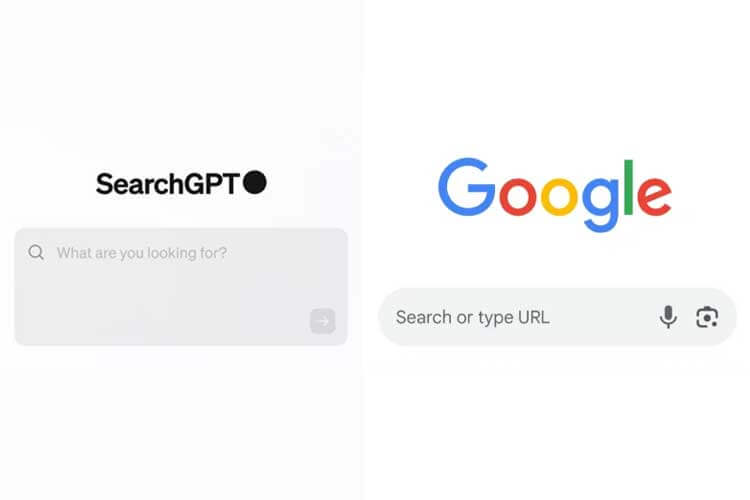


In the world of search, a new player has arrived: Search GPT. Unlike Google, which shows a list of web links, Search GPT offers instant answers, often in a conversational way. This change is significant for the SEO industry, especially as many users prefer quicker responses. With Google dominating the market with over 85% of global searches, a direct competitor like Search GPT could reshape how people get information online.
So, how does Search GPT stack up against Google? And what does this mean for SEO managers who’ve been optimizing for Google’s algorithms for years?
| Feature | Search GPT | |
| Response Style | Provides direct, conversational answers, reducing the need for multiple clicks. | Offers a list of web links, letting users choose the source they want. |
| Ad Presence | Limited to no traditional ads; may change how businesses allocate advertising budgets. | Heavy reliance on ads in search results, which are a primary revenue source for Google. |
| Personalization | Learns from user interactions to give more context-specific responses over time. | Uses algorithms that rank results broadly, focusing on relevance rather than individual user context. |
| AI Integration | Driven by AI models that focus on understanding user intent and providing concise, natural responses. | Uses advanced algorithms focused on ranking web pages based on keywords, backlinks, and site authority. |
| Content Access | Pulls answers directly from various sources, which can reduce traffic to individual sites. | Directs users to websites, making traffic and clicks essential for SEO success. |
SEO managers are already feeling the impact of Search GPT on traditional strategies. If users can get direct answers without clicking through to multiple sites, there’s less need for keyword optimization and high-ranking pages. Here’s how SEO practices may shift:
While it’s not the “end” of SEO, Search GPT is definitely shaking things up. If more users turn to tools like Search GPT, organic search traffic on Google could decline, affecting traditional SEO practices like backlinking and keyword optimization.
Some things to consider:
As the SEO field adapts to AI-driven tools like Search GPT, SEO managers should start honing new skills and strategies:
Search GPT and other AI tools are challenging traditional SEO, urging SEO professionals to innovate. By focusing on quality content, conversational tones, and data-driven insights, SEO managers can adapt and even thrive in this AI-powered landscape. For those looking to keep their skills relevant, embracing these shifts now will pay off as the future of search continues to evolve.
Rahul Shekhawat is a future thought leader in the world of SEO and digital growth, making waves in Delhi’s competitive digital scene. With over a decade of experience and a reputation as a first-page-ranked SEO consultant, Rahul has a knack for staying ahead of industry trends, including the exciting shifts AI is bringing to search. His approach combines strategic insights with data-backed decisions, helping brands like HDFC, Marriott, Microtek, and Naukri drive measurable results.
As search evolves with the rise of AI tools like Search GPT, Rahul remains a go-to resource for navigating the future of SEO. Keep an eye on rahulshekhawat.com for forward-thinking strategies and exclusive insights that can transform how we all approach digital marketing!